Some people care about their health but don’t take too much notice about their contribution to the environment. And some care about the environment but often make terrible choices for their health, without realising it. For example, watching a documentary with Leonardo DiCaprio on climate change whilst eating commercial GMO corn and drinking coke from a disposable plastic cup! But mostly, by making great choices for your health, you can simultaneously make great choices for the environment. So here are our top 6 ways you can save your health, and the planet.
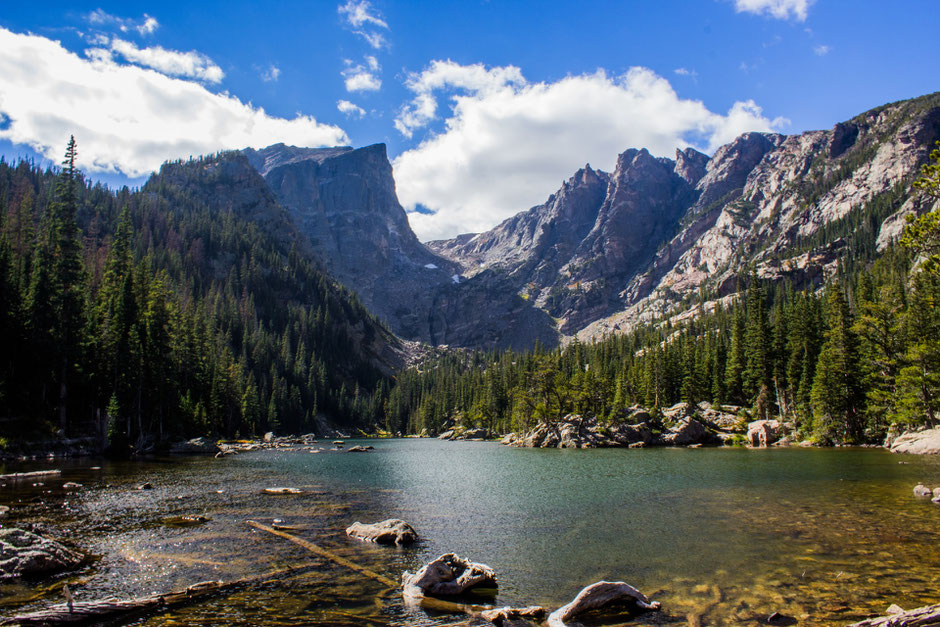
1. Ditch the Car or Taxi
People often ask me why I don’t drive to which I always provide the same answer. There are many answers I could give such as:
- driving in Singapore costs far more than catching public transport or even catching taxis everywhere
- motor vehicles collectively cause up to 95 percent of all carbon monoxide pollution in cities like Singapore
- new cars off-gas volatile organic compounds (VOCs) such as adhesives, sealants, flame retardants that contain bromine and antimony, leather and fabric seats that are coated with chromium, dashboards, door interiors and other plastic components made with polystyrene and polyvinyl chloride all contributing to your toxic load
- driving, parking, being stuck in jams can be stressful
- getting a cab can often take longer than the train if the cab is late, cancels on you, takes a wrong turn or there's traffic
But my answer is always, “I don’t need another excuse to move less!”. Taking public transport will add 1000s more steps to your day and the more regularly you move the more you move lymphatic fluid and toxicity through and out of your body, the more you remind your body that you're alive and the better you'll feel.
Ditch the car, ditch the cab, check your ego at the door and take the train or bus in order to save the environment and get a bit more movement into your life. It’s a total no-brainer.
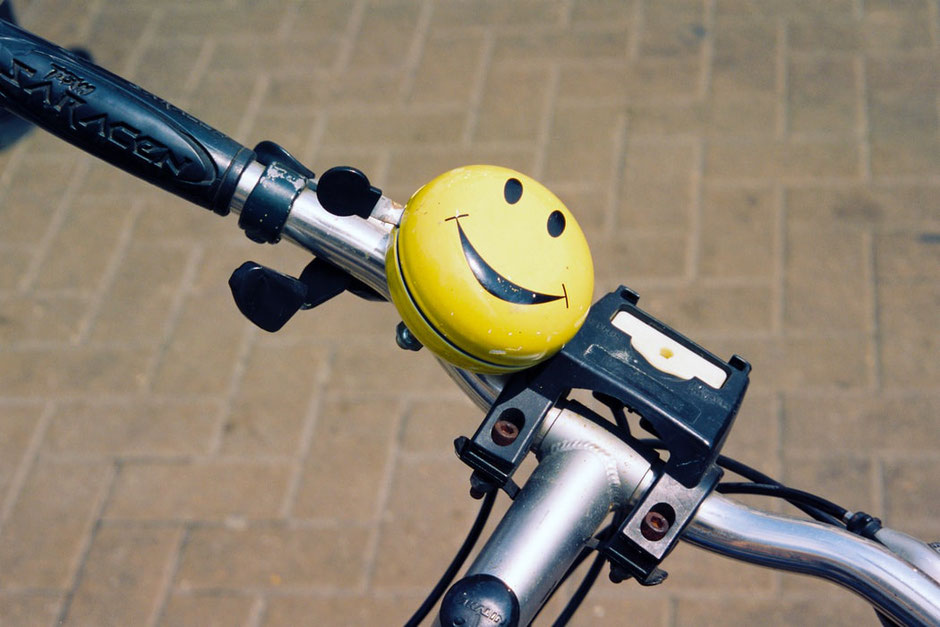
2. Organic Produce
When you consume non-organic produce you are knowingly choosing produce that has been grown with the use of chemical fertilisers, chemical pesticides, chemical fungicides, chemical rodenticides, chemical insecticides and chemical herbicides. All of these products are made in laboratories by men in white coats and are terrible for the environment:
- commercial agriculture destroys the quality of the soil, eroding nutrients, insects and reducing the nutrient density of the produce
- commercial agriculture kills the local wildlife and poisons the waterways. New Zealand, for example, has some of the dirtiest lakes in the world because of the large use of pesticides and fertlisers in it's modern agricultural economy
- commercial GMO (genetically modified organisms) crowd out less hardy natural crops, create superweeds, have unknown consequences on our cellular biology , cross pollinate with wild plants, affecting their natural genetic makeup, and seriously compromising any neighbouring organic or non GM farming system.
- organic farming produces 50% lower carbon emissions than conventional farming because organic farmers do not use inorganic nitrogen fertilisers
In total organic farming is far better for your health and the environment. You can check out Singapore most comprehensive healthy food shopping guide for where to get organic produce here.
3. Pastured Animals
Which one do you think is better for your health and the environment? The cows allowed to roam outside, under the sun, eating fresh grass and drinking rainwater?
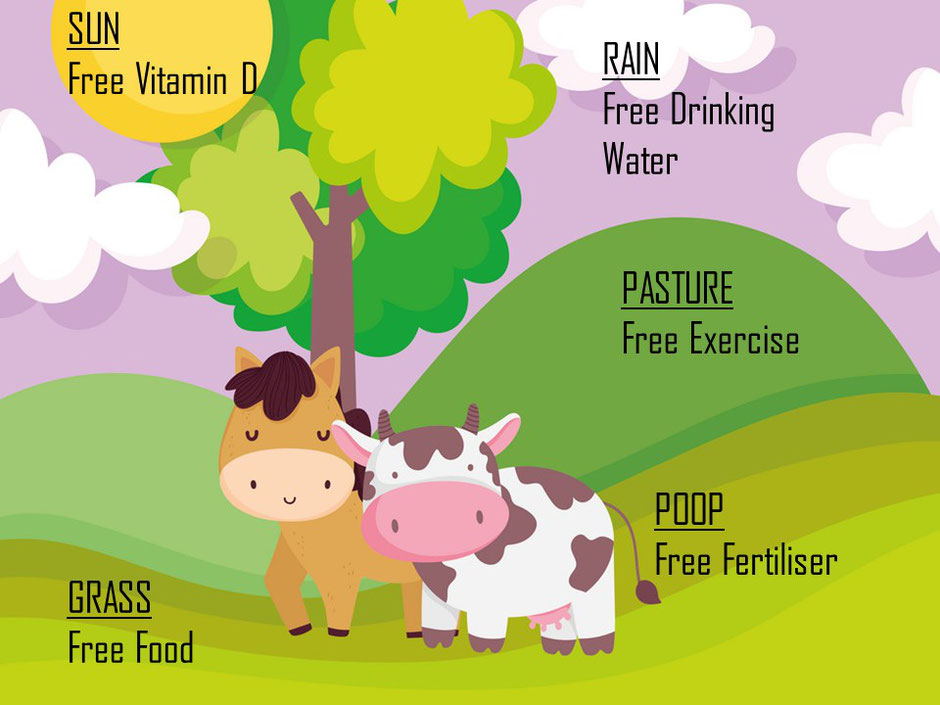
Or the cows kept in a concentrated animal feeding operation (CAFO), pumped full of growth hormones / antibiotics / medical drugs, knee deep in their own bovine feces, fed an unnatural diet of GMO soy/corn/grains that makes them fat and sick and with no access to sun or freedom to roam?
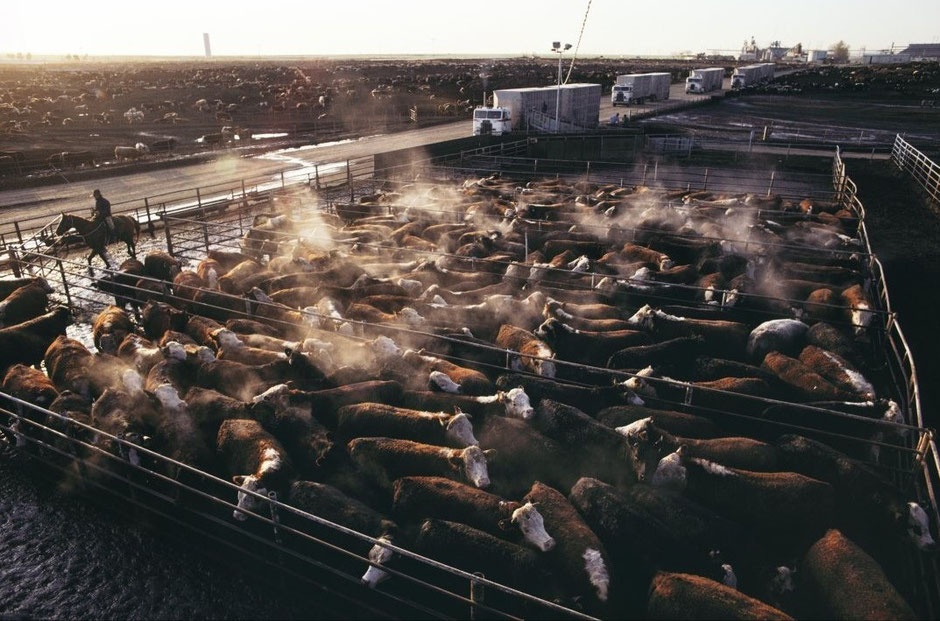
4. Wild Caught Fish and Seafood
Farmed fish, particularly salmon, are no better than farmed animals. In fact, they’re possibly much worse. According to Kurt Oddekalv’s documentary salmon farms are chock full of bacteria, drugs, toxic pesticides, mercury, PCBs, dixoins and radiation that are polluting the environment and our bodies!
They’re also fed an unnatural diet, usually soy, that destroys their beneficial Omega 3 fatty acid profile in favour of more inflammatory Omega 6 fat.
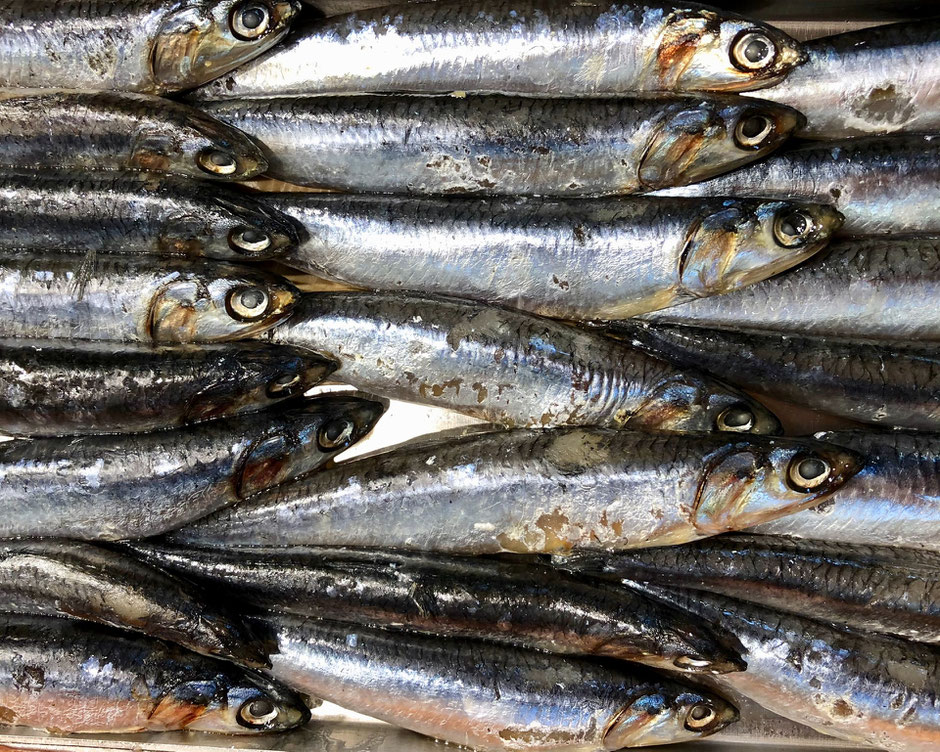
5. Plastics
Unless you have been living under a rock, you’ll know that plastics are an absolute disaster for the environment:
- production and incineration of plastic contribute greenhouse gases in the equivalent of 850 million tonnes of carbon dioxide (CO2) to the atmosphere annually
- chlorinated plastic can release harmful chemicals into the surrounding soil, which can then seep into groundwater or other surrounding water sources causing serious harm to the animals that drink the water
- a 2017 study found that 83% of tap water samples taken around the world contained plastic pollutants
- We know that microplastics are responsible for contamination of wild fish and even recently they found microplastics in the placentas of unborn babies
Plastics contain BPA, BPS, phthalates, dioxins, vinyl chloride, ethylene dichloride, lead, cadmium and other toxic compounds that will all contribute to your toxic load causing:
- estrogenation, man boobs, disrupted hormones, lowered testosterone
- many studies show that these plastics leech synthetic compounds which are linked to cancer, infertility, heart disease, and other health problems
How to avoid some of these problems?
- Don’t drink hot drinks out of that plastic waxed takeaway cup. Bring your own ceramic mug or drink in the shop
- Don’t order takeaway food in plastic containers
- Use ceramic, glass, stainless steel storage containers and cookware
- Don’t drink out of plastic bottles
- Vacuum regularly with a HEPA filter vacuum cleaner to reduce inhalation of microplastics in house dust
- Avoid plastic toys for the kids, particularly if they have a habit of putting them in their mouths
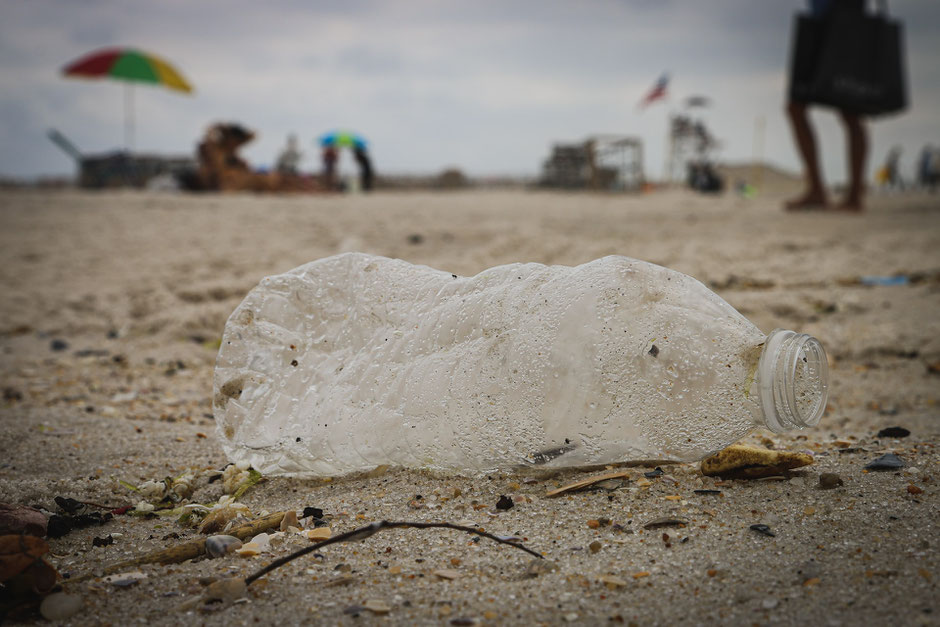
6. Commercial Cleaning and Beauty Products
Unfortunately, these are also terrible for your health as well!
Pretty much all commercial soaps are bad for you containing:
- Triclosan - a antibiotic component of soap suspected to be an endocrine (hormone) disruptor
- Phthalates and Parabens - suspected increased risk of breast cancer, reproductive and endocrine disruption
- Sulphates, Propylene Glycols, and Fragrances - skin irritation, dermatitis and contribution to your toxic load
And commercial beauty products such as eyeliner, lipsticks and foundation:
- PEG Compounds - frequently contaminated with chemicals that are harmful such as ethylene oxide and 1,4-dioxane
- Heavy Metals - 0ne study conducted in Helsinki tested 88 eyeshadows for heavy metals, and 75% of the colours tested contained at least 5ppm of one or more heavy metals
- Formaldehyde-Releasing Preservatives - about 20% of all cosmetics and personal care products contain some type of formaldehyde-releasing preservative, a known carcinogen
- Siloxanes - siloxanes used in hair products, deodorants and moisturisers can mimic estrogen and otherwise interfere with reproduction and the endocrine system, and large amounts administered to mice cause fatal liver and lung damage
- TEA, Tetrasodium EDTA, and Other Preservatives - show carcinogenic potential in animal studies
- Hair Dye - one review cites associations between hair dye use and various types of cancer, including non-Hodgkin’s lymphoma, multiple myeloma, acute leukaemia, and bladder cancer
- Aluminium – used in deodorants to block sweat glands in the armpits and often found in breast tissue in women with cancer in higher-than-normal amounts.
Chris Kresser’s has done an excellent job of listing all the scientific studies (39 in total) to backup these claims over at his website (see references at the bottom of the page).
And if these toxins are bad for your skin and your health they are definitely going to bad for the environment. Traditional cosmetics and toiletries do the most damage to the environment once they are washed away down our sinks. From our sinks the chemicals are released into our lakes, streams, rivers and public water systems, damaging wildlife and flora and fauna.
It is not just aquatic life that is impacted. Water from our lakes and seas vaporises in our atmosphere and accumulates in clouds, returning to our soil as rain. Chemicals related to cosmetics have been found in agricultural soil and household dust particles.
And finally, in Asia, palm oil (not livestock) is responsible for much of the destruction of the rainforest. Palm oil is used in soaps, washing powders, moisturisers, lipstick, shampoo and other commercial beauty and cleaning products.
There are a number of great alternatives on the market that only contain natural and organic ingredients that you can check out at places like iHerb, RedMart and Amazon.sg. Just be sure to check the ingredients list first and if you can’t pronounce it – don’t buy it!
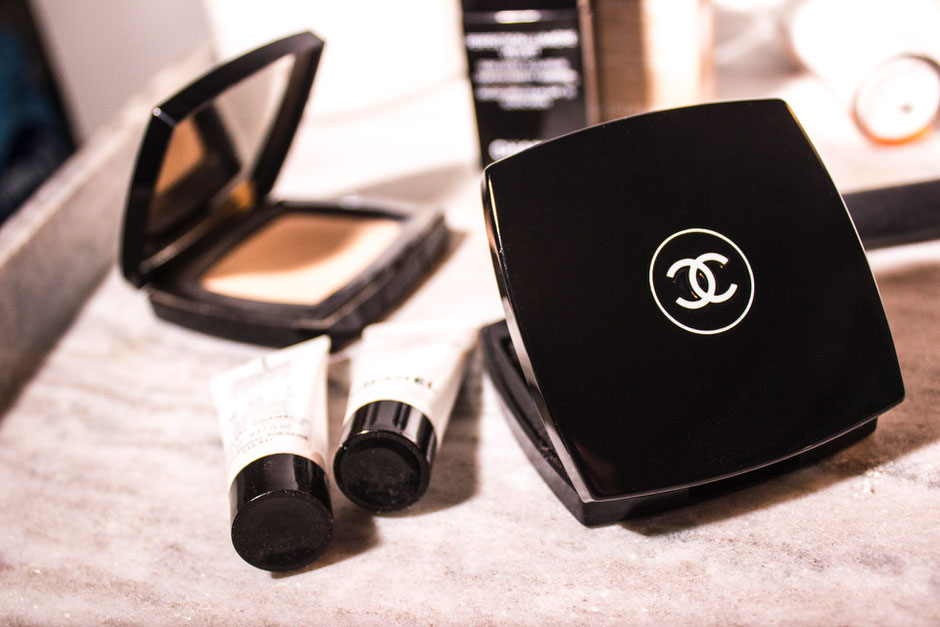
Wrapping Up
At the time of writing, Dec 30th 2020, you might be thinking about kicking off your New Year’s Resolutions. And if you’re dreading the thought of that restrictive diet or that new and unsustainable gym regime, I recommend an alternative. Go shopping instead! Start browsing the internet for organic beauty products and cosmetics; order a surprise organic veggie box from one of our recommended suppliers or check out the quality butchers selling pastured animal products; pop down to Takashimaya for their massive selection of plastic-free drinking bottles and stainless steel lunch boxes, buy a bicycle and pay for it all by selling the car 😄!
To your health, happiness and longevity,
The Levitise Team
P.S. If you love this blog post then do check out our fortnightly newsletter where you'll get the freshest content on health, nutrition and fitness delivered straight to your inbox. Don't miss out and sign up here with just your name and email.

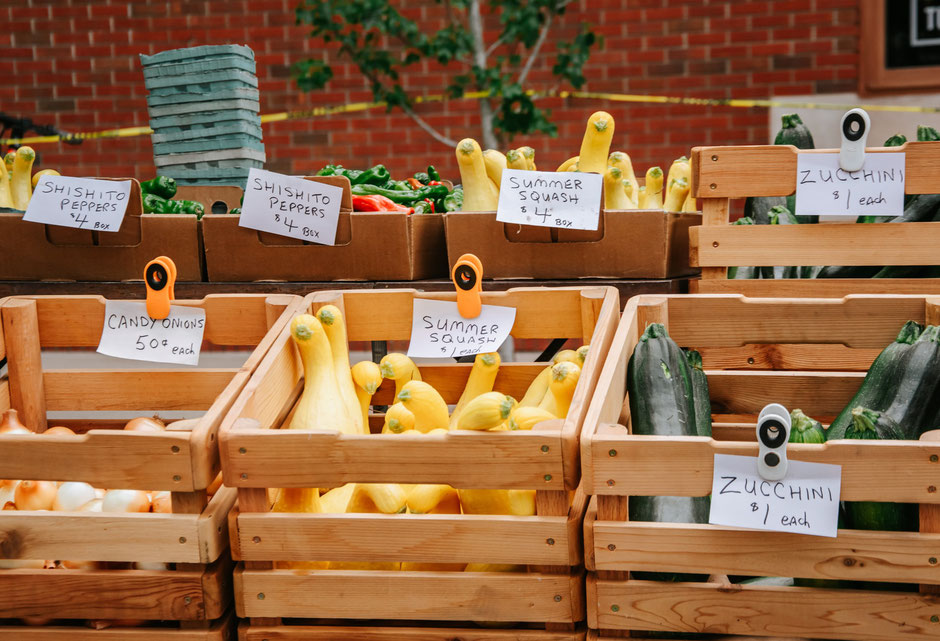
Write a comment